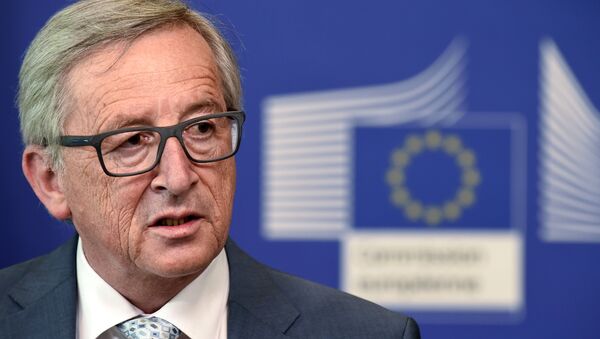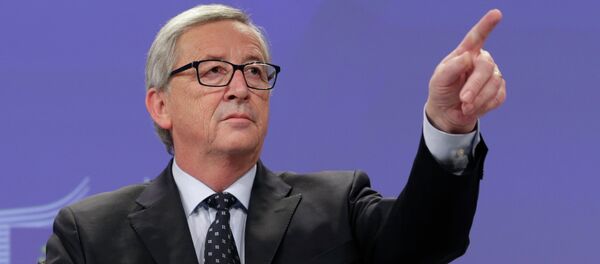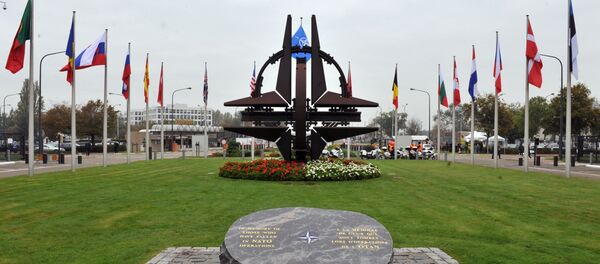MOSCOW (Sputnik), Anastasia Levchenko, Yulia Shamporova — The idea of a unified European army was again floated in Brussels in March 2015. European Commission President Jean-Claude Juncker said the union needed an armed force of its own to be able to respond to external threats posed to EU member states.
"This drop could be due to a wider debate on Europe since the European elections last year," Nick Alderton, a member of the UK-based Political Studies Association, told Sputnik.
Federiga Bindi, senior fellow at the SAIS John Hopkins Center for Transatlantic Relations, agreed that "populist parties around Europe would hardly favor further sovereignty transfers to the European level."
She also cited the reluctance of Baltic countries to shift security controls from NATO to Europe, as well as Washington’s "historically ambivalent position" on the issue.
"For the last 20 years, the US has in fact asked for an upgraded effort by the Europeans in defense but de facto hindered any effort towards a real independence of Europe in the field," Bindi said.
As a result, Europe has twice rejected the creation a unified army, first by not ratifying the European Defense Community Treaty in 1954 and then failing to upgrade unified defense practices to a proper EU policy in 1992, Bindi said.
Dr. Paul Anderson, research fellow at the University of Warwick’s School of Law, told Sputnik, "the desirability to create a European army is difficult to sustain in the absence of some underlying motive about the development of the EU into a single state."
The idea of a unified European army was again floated in Brussels in March 2015. European Commission President Jean-Claude Juncker said the union needed an armed force of its own to be able to respond to external threats posed to EU member states.
A recent poll, conducted by ICM Research for Sputnik and published Tuesday, found that 28 percent of people in Britain, France and Germany answering the survey expressed support for an integrated fighting force in Europe. A European Commission report based on a public opinion poll from 2014 showed that 46 percent of those surveyed wanted Europe to have an army of its own.





